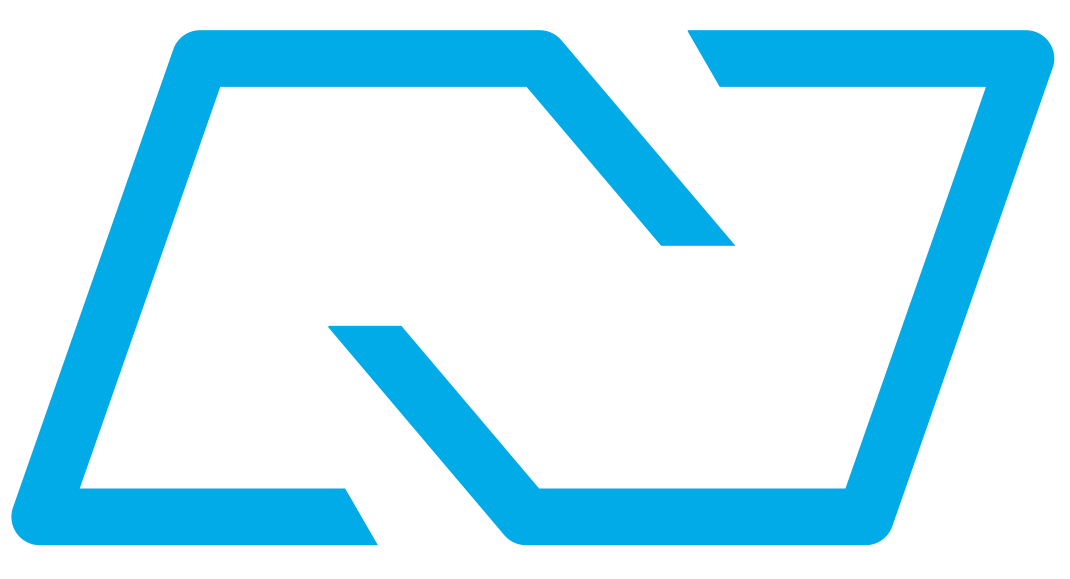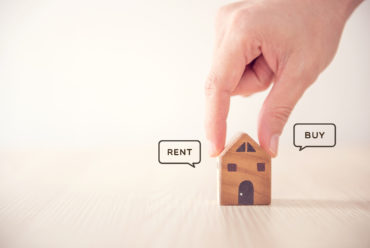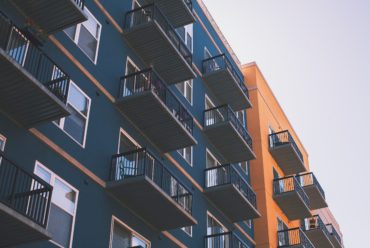A Primer on Home Inspections
What is a home inspection?
A home inspection is a professional consulting service that determines the present condition of the home’s major systems; based on a visual inspection of accessible features. It focuses on the performance of the house, rather than cosmetic, code, or design issues.
What does a home inspection include?
A standard home inspection report will include the condition of:
- Roof
- Structure
- Exterior
- Electrical system
- Heating and Air Conditional system
- Plumbing system
- Insulation
- Interior
- Mechanical and Natural Ventilation systems
The American Society of Home Inspectors (ASHI) published a Standards of Practice
and Code of Ethics that outlines what you should expect to be covered in your home inspection report.
Why do I need a home inspection?
For most people, buying a home can be the largest single investment you will ever make. To maximize unpleasant surprised and unexpected difficulties, you’ll want to learn as much as you can about the newly constructed or existing house before you buy it. A home inspection may identify the need for major repairs or builder oversights, as well as the need for maintenance to keep it in good shape.
After the inspection, you will now more about the house, which will allow you to make decisions with confidence.
If you already are a homeowner, a home inspection can identify problems in the making and suggest preventive measures that might help avoid costly future repairs.
If you are planning to sell your home, a home inspection can give you the opportunity to make repairs that will put the house in better selling condition.
What will it cost?
The inspection fee for a typical one-family house varies geographically, as does the cost of housing. Similarly, within a given area, the inspection fee may vary depending on a number of factors such as the size of the house, its age and possible optional services such as septic, well or radon testing.
Do not let cost be a factor in deciding whether or not to have a home inspection or in the selection of your home inspector. The sense of security and knowledge gained from an inspection can be well worth the cost, and the lowest-priced inspection is not necessarily a bargain. Use the inspector’s qualification, including experience, training, compliance with your state’s regulations, and professional affiliations as a guide.
Why can’t I do it myself?
Even the most experienced homeowner lacks the knowledge and expertise of a professional home inspector. An inspector is familiar with the elements of home construction, proper installation, maintenance and home safety. He or she knows how the home’s systems and components are intended to function together, as well as why they fail.
Above all, most buyers find it difficult to remain completely objective and unemotional about the house they really want, and this may have an effect on their judgment. For accurate information, it is best to obtain an impartial, third-party opinion by a professional in the field of home inspection.
Can a house fail a home inspection?
No. A professional home inspection is an examination of the current condition of a house. It is not an appraisal, which determines market value. It is not a municipal inspection, which verifies local code compliance. A home inspector, therefore, will not pass or fail a house, but rather describe its physical condition and indicate what components and systems may need major repair or replacement.








